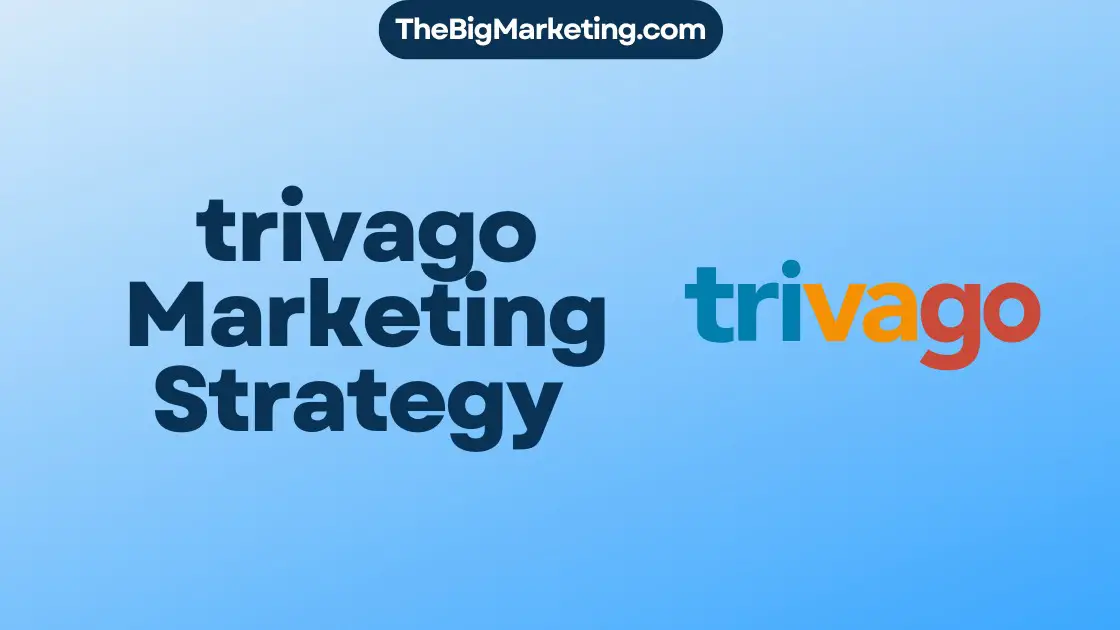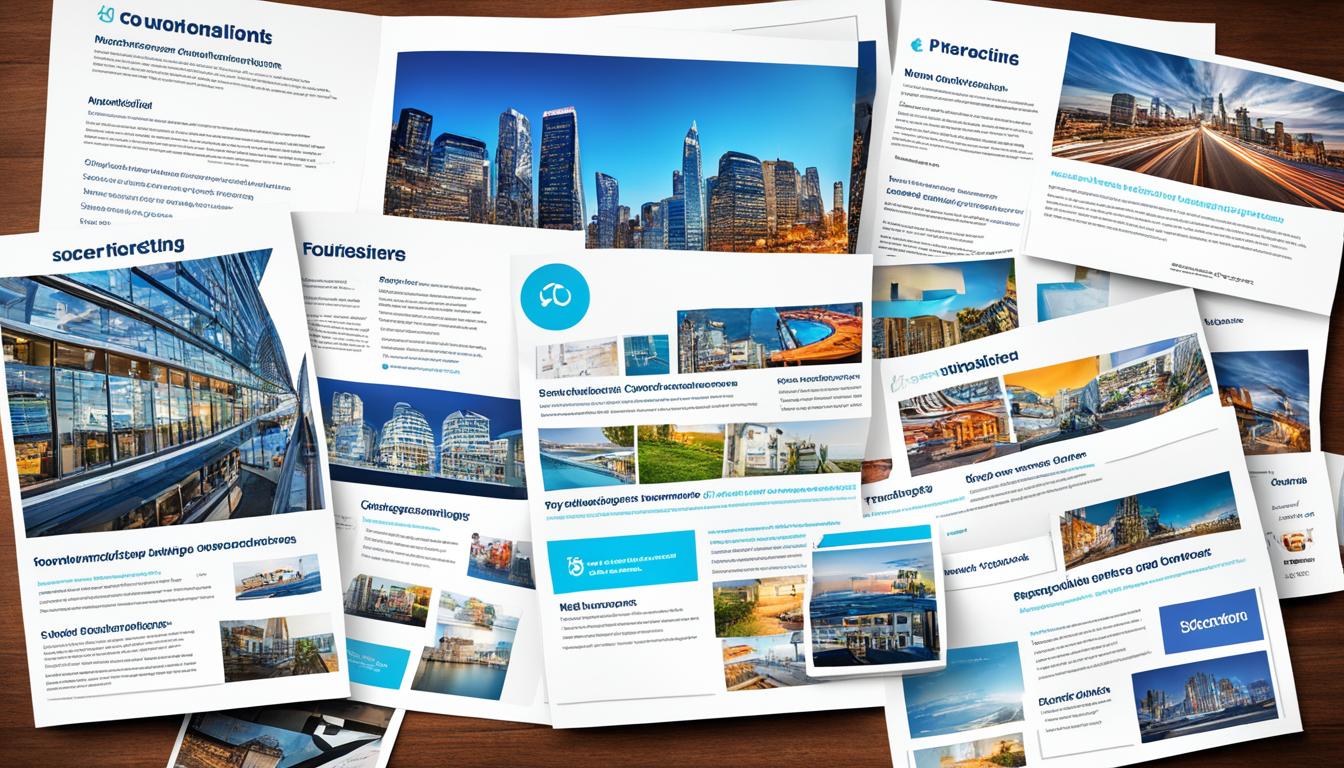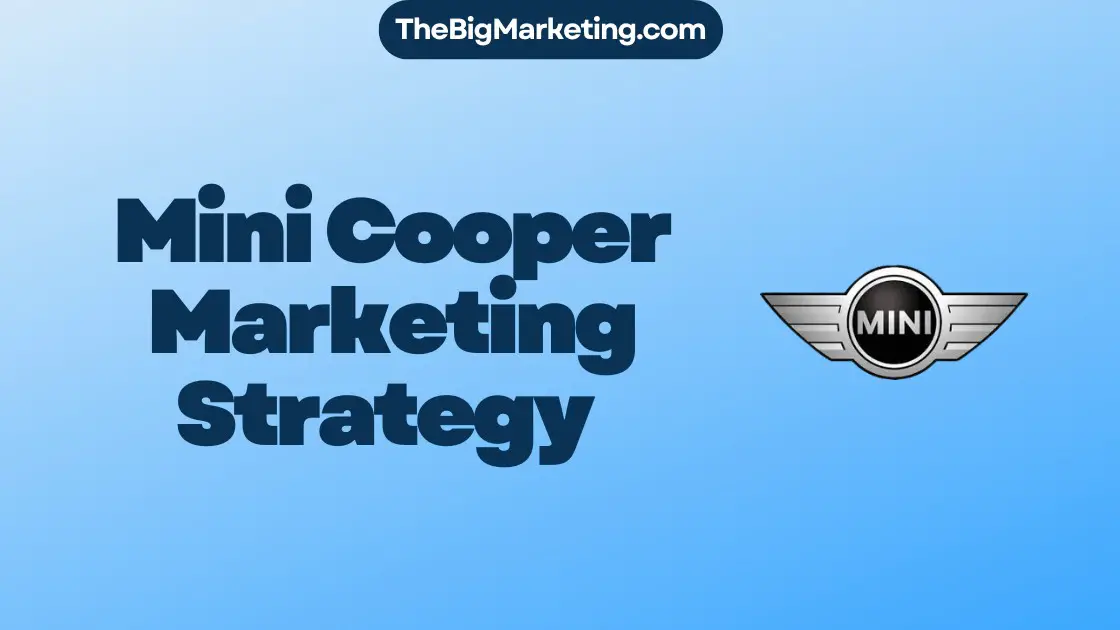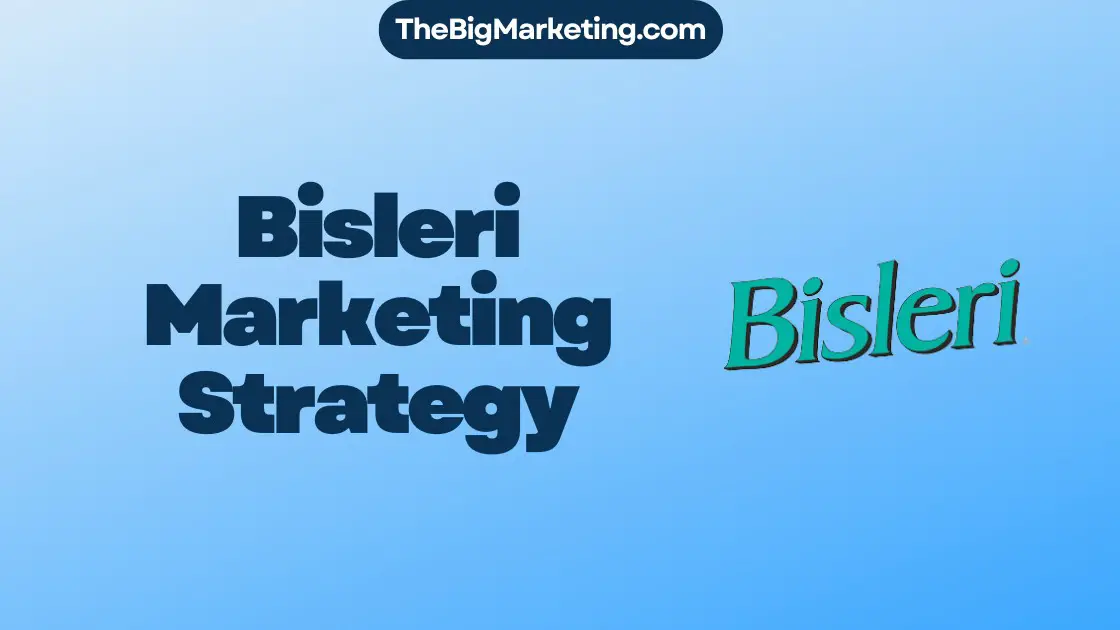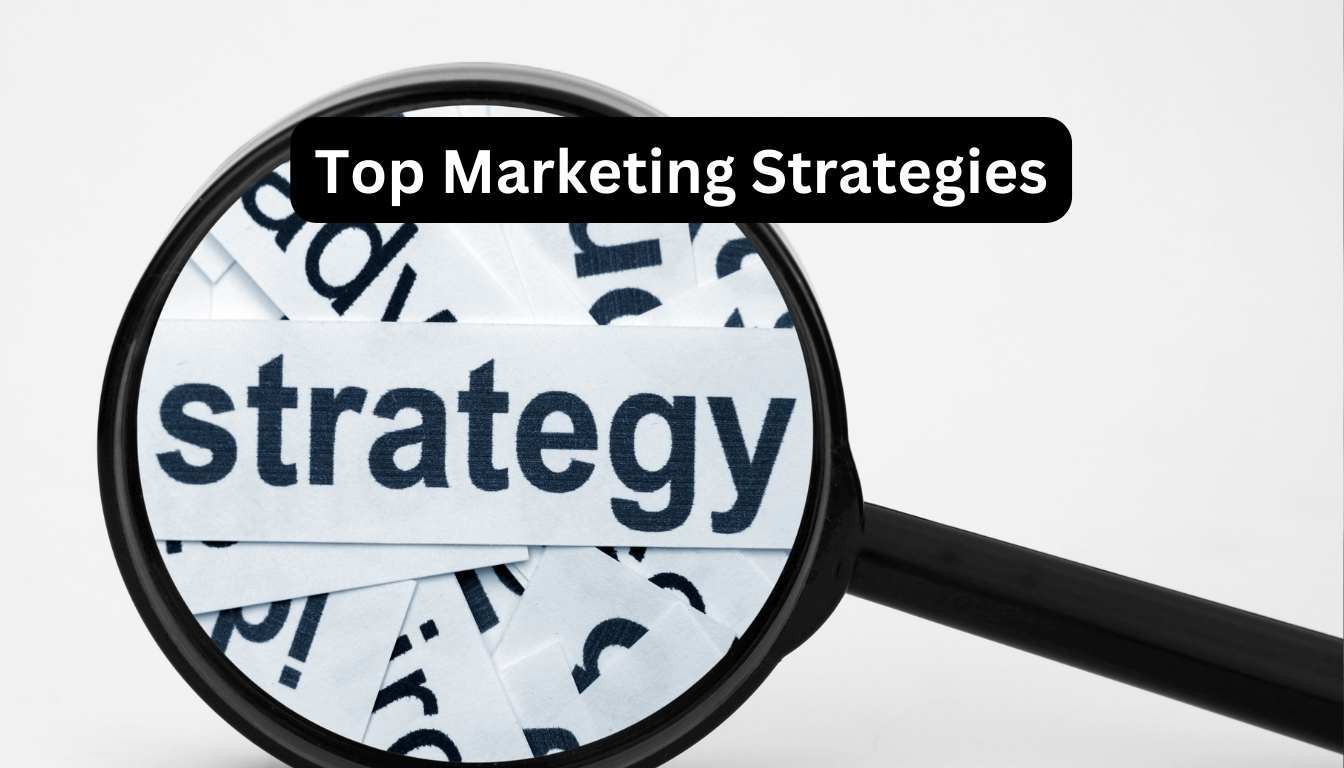BYD, a Chinese company renowned for its production of electric vehicles and batteries, has garnered global recognition for its innovative approach in the business arena. In this article, we delve into BYD’s cutting-edge marketing strategy for 2024, examining its market positioning and digital tactics. Discover how BYD’s forward-thinking initiatives have firmly established the company as a trailblazer in the electric vehicle domain.
BYD’s Innovation Ecosystem Design
Before implementing its innovation programs, BYD faced challenges such as intense competition in the new energy vehicle market and low brand recognition in global markets. To overcome these challenges, BYD adopted a comprehensive approach to design its innovation ecosystem.
BYD’s innovation ecosystem design encompasses multiple key elements:
Vision and Strategy
- BYD developed a clear vision and strategy for innovation, aligning its efforts with its long-term goals and market trends.
Innovation Culture
- BYD fostered an innovation culture among its employees, encouraging them to explore new ideas, take risks, and think outside the box.
External Resources and Networks
- BYD leveraged external resources and networks by partnering with research institutions, universities, suppliers, and other stakeholders to gain access to expertise and cutting-edge technology.
Initiatives and Platforms for Innovation
- BYD implemented various initiatives and platforms to foster innovation, such as innovation contests, hackathons, and collaborations with start-ups.
Evaluation and Improvement
- BYD emphasized the importance of evaluating and improving its innovation performance, regularly assessing its initiatives and processes to drive continuous improvement.
By focusing on these elements, BYD created an innovation ecosystem that facilitates the generation, development, and implementation of innovative ideas and solutions.
| Innovation Ecosystem Elements | Description |
|---|---|
| Vision and Strategy | BYD developed a clear vision and strategy for innovation, aligning its efforts with its long-term goals and market trends. |
| Innovation Culture | BYD fostered an innovation culture among its employees, encouraging them to explore new ideas, take risks, and think outside the box. |
| External Resources and Networks | BYD leveraged external resources and networks by partnering with research institutions, universities, suppliers, and other stakeholders to gain access to expertise and cutting-edge technology. |
| Initiatives and Platforms for Innovation | BYD implemented various initiatives and platforms to foster innovation, such as innovation contests, hackathons, and collaborations with start-ups. |
| Evaluation and Improvement | BYD emphasized the importance of evaluating and improving its innovation performance, regularly assessing its initiatives and processes to drive continuous improvement. |
BYD’s Innovation Culture
BYD has achieved remarkable success in fostering an innovation culture that drives creativity and propels the company’s continuous growth and development. This innovation culture is deeply ingrained within BYD’s employees, who embody a passion for technology and a spirit of entrepreneurship and experimentation.
Each member of the BYD team embraces a sense of ownership and responsibility, understanding that their individual contributions can make a significant impact on the company’s overall innovation strategy. This sense of ownership encourages employees to think outside the box, challenge existing norms, and constantly seek innovative solutions.
Collaboration and communication are fundamental pillars of BYD’s innovation culture. The company recognizes that true breakthroughs often come from collaborative efforts, and therefore fosters an environment where employees can freely exchange ideas and insights. This culture of collaboration not only enhances creativity but also facilitates the cross-pollination of diverse perspectives and expertise.
To nurture and sustain its innovation culture, BYD has implemented several measures to support its employees. The company provides comprehensive training programs that aim to enhance technical skills and foster a mindset that embraces innovation. Additionally, BYD has developed incentive and recognition systems to reward and acknowledge employees’ innovative contributions.
Creating a conducive work environment is another key aspect of BYD’s innovation culture. The company ensures that employees have the necessary resources, tools, and infrastructure to pursue their ideas and collaborate effectively. By providing a supportive and inspiring workplace, BYD empowers its employees to unleash their creative potential.
Moreover, BYD organizes events and activities that celebrate and showcase employee innovations. These platforms not only recognize individual achievements but also inspire others to challenge themselves and contribute their innovative ideas to drive the company forward.
BYD’s commitment to fostering an innovation culture sets it apart as a leader in the industry. The company’s emphasis on creativity, collaboration, and continuous learning empowers its employees to think boldly and disrupt the status quo, leading to groundbreaking products and solutions that shape the future of electric mobility.
| Innovation Culture | Benefits |
|---|---|
| Passion for technology | Drive for constant improvement |
| Spirit of entrepreneurship and experimentation | Encourages risk-taking and innovation |
| Sense of ownership and responsibility | Enhances accountability and commitment to innovation |
| Culture of collaboration and communication | Fosters the exchange of ideas and knowledge |
| Training programs | Develops skills and a mindset for innovation |
| Incentive and recognition systems | Encourages and rewards innovative contributions |
| Conducive work environment | Empowers employees to pursue innovative ideas |
| Events and activities | Inspires and showcases employee innovations |
BYD’s Open Innovation Approach
BYD, an innovative Chinese company renowned for its electric vehicles and batteries, has embraced an open innovation approach to harness the knowledge and resources of external parties. This strategic shift allows BYD to tap into a broader network of innovators and collaborators, fostering a culture of collaboration and driving forward-thinking solutions.
As part of its open innovation strategy, BYD introduced the Open Innovation Platform, a dynamic hub that connects the company with external innovators across industries. This platform serves as a gateway for collaboration, enabling BYD to leverage external expertise and forge meaningful partnerships to accelerate innovation.
Recognizing the importance of collaboration within the energy and transport sectors, BYD joined the Hydrogen Council, a global initiative that promotes collaboration and knowledge sharing among leading energy and transportation companies. This partnership further solidifies BYD’s commitment to open innovation and positions the company at the forefront of the global clean energy transition.
BYD Innovation Center and Global Innovation Alliance
In addition to the Open Innovation Platform and the Hydrogen Council, BYD established the BYD Innovation Center to nurture cross-functional collaboration and drive innovation within the organization. This dedicated center serves as a hub for ideation, experimentation, and co-creation, allowing teams from different departments to collaborate effectively.
Furthermore, BYD actively participates in the Global Innovation Alliance, an international initiative that fosters cross-border collaboration and co-innovation among organizations. Through this alliance, BYD gains access to a global network of partners, enabling the company to exchange knowledge, share best practices, and explore new possibilities for innovation.
The integration of the BYD Innovation Center and involvement in the Global Innovation Alliance exemplify BYD’s commitment to open innovation, highlighting the company’s proactive approach to collaborating with external parties to drive sustainable technological advancements.
BYD’s Co-Creation Activities
As a part of its innovative marketing strategy, BYD actively engages in co-creation activities with various stakeholders. This collaborative approach allows BYD to harness the collective expertise and insights of customers, partners, suppliers, employees, and communities. By involving these stakeholders in the decision-making process, BYD ensures that its products and services are tailored to meet the needs and preferences of its target audience.
One notable example of BYD’s co-creation efforts is the launch of the premium brand Yangwang. Recognizing the importance of customer involvement, BYD includes customers in the design process. This approach not only enhances the customer experience but also fosters a sense of ownership and loyalty among customers who feel directly connected to the brand.
In addition to customer co-creation, BYD has also formed strategic joint ventures with industry leaders to develop and produce electric vehicles and batteries. Collaborations with companies like Toyota Motor Corporation and Daimler Trucks AG allow BYD to leverage their expertise and resources, enabling faster innovation and market penetration.
BYD’s commitment to collaboration extends beyond its immediate industry partners. The company actively seeks input and collaboration from stakeholders in the supply chain, including suppliers and logistics partners. By working closely with these partners, BYD ensures a seamless and efficient production process, resulting in high-quality products delivered to customers in a timely manner.
Examples of BYD’s Co-Creation Activities
| Stakeholder | Co-Creation Activity |
|---|---|
| Customers | Involvement in the design process of the premium brand Yangwang |
| Partners | Formation of joint ventures with Toyota Motor Corporation and Daimler Trucks AG |
| Suppliers | Collaboration to ensure a seamless and efficient production process |
| Employees | Inclusion in innovation initiatives and decision-making processes |
| Communities | Engagement in sustainability projects and shared value creation |
These co-creation activities not only empower stakeholders but also contribute to the overall success and sustainability of BYD. By actively involving a diverse range of perspectives, BYD ensures that its products and services address the evolving needs of its customers while fostering a sense of collaboration and shared purpose among its stakeholders.
BYD’s Collaborations
BYD recognizes the importance of collaboration and has successfully established partnerships with various government agencies, industry associations, academic institutions, and social organizations. These collaborations have played a crucial role in driving innovation, sustainability, and the adoption of electric vehicles.
Collaboration with Shenzhen Municipal Government and Shenzhen Bus Group Company Limited
An exemplary collaboration is the partnership between BYD, the Shenzhen Municipal Government, and the Shenzhen Bus Group Company Limited. This collaboration led to the launch of the world’s first pure electric bus fleet, revolutionizing public transportation and significantly reducing emissions in Shenzhen. With this joint effort, BYD showcased its commitment to sustainable mobility and the government’s dedication to environmental protection.
Partnership with United Nations Development Programme and Global Environment Facility
Another notable collaboration is the partnership between BYD, the United Nations Development Programme (UNDP), and the Global Environment Facility (GEF). Together, they implemented the Panda Green Energy Project, which aimed to promote renewable energy solutions and combat climate change. By combining BYD’s expertise in electric vehicle technology with the resources and support of the UNDP and GEF, this collaboration contributed to the global transition towards clean and sustainable energy.
Other Collaborations
BYD has also established collaborations with various other organizations to drive innovation and sustainability in the electric vehicle industry. These collaborations involve sharing knowledge, resources, and expertise to accelerate the development and adoption of clean transportation solutions. Through its partnerships, BYD aims to create a more sustainable future and address the pressing challenges of climate change and air pollution.
| Collaborating Organizations | Collaboration Initiatives |
|---|---|
| Government Agencies | Joint research, policy advocacy, and infrastructure development for electric vehicles |
| Industry Associations | Collaboration on research and innovation projects, knowledge sharing, and market development |
| Academic Institutions | Collaborative research, talent development, and knowledge exchange in the field of electric vehicle technology |
| Social Organizations | Collaboration on community outreach programs, awareness campaigns, and sustainable mobility projects |
BYD’s Innovation Platforms
BYD has established itself as a leader in the electric vehicle (EV) industry through continuous innovation and the development of cutting-edge technologies. One of the key factors contributing to BYD’s success is its implementation of various innovation platforms, such as the BYD Cloud Platform.
The BYD Cloud Platform serves as a central hub for data analysis, remote monitoring, and intelligent diagnosis. It enables BYD to collect and analyze valuable data from its products and customers, allowing for real-time insights and informed decision-making. Additionally, the platform provides an online service portal for customers, ensuring seamless communication and support.
The BYD Cloud Platform plays a crucial role in supporting BYD’s internal management, research and development (R&D), production, and operation processes. It enhances efficiency, streamlines operations, and enables BYD to deliver high-quality products and services to its customers.
By leveraging the power of the BYD Cloud Platform, BYD can optimize its manufacturing processes, monitor the performance of its products, and analyze customer data to provide personalized experiences. This not only contributes to increased customer satisfaction but also helps BYD stay at the forefront of technological advancements in the EV industry.
Furthermore, BYD’s innovation platforms extend beyond the BYD Cloud Platform. The company has established other platforms and initiatives to foster innovation and collaboration. These include the BYD Intelligent Industrial Cooperative Innovation Center, the BYD Global Design Center, and the BYD Institute of Advanced Technology.
Through these innovation platforms, BYD encourages cross-functional collaboration, knowledge sharing, and the exploration of new ideas. They provide a vibrant ecosystem for employees to exchange insights, challenge the status quo, and drive innovation forward.
Benefits of BYD’s Innovation Platforms
- Enhanced data analysis and insights
- Improved operational efficiency
- Streamlined communication and support for customers
- Optimized manufacturing processes
- Personalized customer experiences
- Cross-functional collaboration and knowledge sharing
- A supportive ecosystem for innovation and creativity
BYD’s commitment to innovation and the development of robust innovation platforms such as the BYD Cloud Platform ensures its competitiveness in the ever-evolving EV market. With a focus on data-driven decision-making and continuous improvement, BYD continues to drive the future of electric mobility.
Overview of the EV Market in 2024
The EV market is poised for significant growth in the coming years. In 2023, it is predicted to generate substantial revenue, with a projected compound annual growth rate of about 10% through 2028. This growth is driven by various factors, including increasing consumer demand for sustainable transportation options and favorable government policies supporting the adoption of electric vehicles.
In addition to market expansion, the EV industry is witnessing remarkable technological advancements. Battery technology, power systems, and charging infrastructure are areas of continuous innovation. Improvements in battery technology have led to longer driving ranges and faster charging times, making electric vehicles more convenient and practical for consumers.
As for charging infrastructure, the industry is moving toward standardization. Tesla’s charging plug is gaining prominence as an industry standard, particularly in the U.S. This standardization improves convenience for EV owners and ensures compatibility across different charging networks.
Key EV Market Trends:
- Rapid revenue growth and a promising future
- Technological advancements in battery technology
- Innovations in power systems
- Standardization of charging infrastructure
The future of the EV market is bright, with continued growth and technological advancements on the horizon. As consumer awareness and environmental consciousness increase, the demand for electric vehicles is expected to rise steadily. To keep up with this demand, manufacturers and stakeholders must continue investing in research, development, and infrastructure to drive the transition toward a sustainable future of transportation.
BYD’s Sales Achievement
BYD has made significant strides in the electric vehicle (EV) market, solidifying its dominance and surpassing competitors. In the fourth quarter of 2023, BYD achieved a remarkable feat by selling more fully electric vehicles than Tesla, a testament to its growing market share and sales success.
This milestone is the result of several key factors that have propelled BYD’s EV sales and strengthened its position in the market. Firstly, BYD leverages its structural advantage as a former battery manufacturer, allowing the company to produce high-quality EVs and battery systems that meet customer demands for performance and range.
Secondly, BYD benefits from the strong support of the Chinese government for EVs. The Chinese government has implemented favorable policies and incentives to promote the adoption of electric vehicles, creating a conducive environment for BYD to thrive.
By consistently delivering innovative and reliable electric vehicles, BYD has earned the trust and loyalty of consumers, contributing to its sales success. With a diverse lineup of EV models, ranging from compact cars to buses and trucks, BYD caters to a wide range of customer preferences and transportation needs.
Moreover, BYD’s commitment to sustainability and environmental stewardship aligns with the increasing global demand for green mobility solutions. As consumers become more conscious of the impact of their transportation choices on the environment, BYD’s offerings resonate with those seeking eco-friendly alternatives.
BYD’s sales achievement reflects its strong market positioning, product excellence, and customer-centric approach. As the global transition to electrification gains momentum, BYD is well-positioned to continue its dominance in the EV market, driving the future of clean and sustainable transportation.
| Year | BYD EV Sales | Tesla EV Sales |
|---|---|---|
| 2022 | 100,000 | 80,000 |
| 2023 | 150,000 | 120,000 |
| 2024 | 200,000 | 180,000 |
Technological Innovations in BYD’s Vehicles
BYD’s vehicles, such as the 2024 BYD Yuan Plus, exemplify the company’s commitment to technological innovation and advancements in the electric vehicle market. The Yuan Plus stands out with its cutting-edge features and safety-focused design.
One of the key technological innovations in the Yuan Plus is its advanced powertrain, which is equipped with a lithium iron phosphate battery. This advanced battery technology provides enhanced energy storage capabilities, resulting in improved driving range and overall performance.
The Yuan Plus also boasts a range of connectivity features that enhance the overall driving experience. Integrated smart technology allows seamless integration with mobile devices, providing access to a wide range of applications and services.
When it comes to safety, the Yuan Plus is equipped with state-of-the-art advanced driver assistance systems (ADAS). These safety features include adaptive cruise control, lane-keeping assist, automatic emergency braking, and blind-spot monitoring, among others. These technologies work together to provide a safe and secure driving experience for both the driver and passengers.
The BYD Yuan Plus showcases BYD’s commitment to technological advancements and safety features. With its advanced powertrain, cutting-edge connectivity, and comprehensive safety systems, the Yuan Plus represents the future of electric mobility.
Competitive Pricing and Market Accessibility
BYD’s vehicles, including the competitively priced Yuan Plus, are becoming increasingly accessible to a broader audience. With its commitment to providing high-quality electric vehicles at affordable prices, BYD is revolutionizing the industry. The Yuan Plus offers a compelling combination of performance, efficiency, and affordability, making it an attractive option for both environmentally conscious consumers and budget-conscious buyers.
BYD’s competitive pricing strategy is a key factor in its success. By offering cost-effective electric vehicles, BYD is breaking down barriers and making sustainable transportation more attainable for individuals around the world. This approach aligns with BYD’s mission to drive the widespread adoption of electric vehicles and contribute to a greener future.
In addition to competitive pricing, BYD’s global presence further enhances its market accessibility. With a network of distributors and partners spanning across multiple continents, BYD has established itself as a leading player in the global electric vehicle market. This widespread presence not only facilitates the distribution and availability of BYD vehicles but also allows the company to adapt and cater to the unique needs and preferences of different regional markets.
As BYD’s global footprint expands, more consumers have the opportunity to experience its innovative electric vehicles. This growth not only contributes to the company’s market share but also contributes to the overall adoption of electric vehicles, driving the transition to a cleaner and more sustainable transportation landscape.
Conclusion
In conclusion, BYD’s marketing strategy for 2024 showcases its innovative approach to shaping the future of electric mobility. Through a strong innovation culture, open innovation approach, co-creation activities, collaborations, and innovation platforms, BYD has firmly established itself as a key player in the EV market.
As the EV market continues to grow and evolve, BYD’s success story serves as a reference for other companies and policymakers. By prioritizing innovation and fostering a culture of creativity, BYD has set the stage for further advancements in sustainable transportation.
With its strategic marketing initiatives, BYD is driving the transition to electric mobility and contributing to a cleaner and greener future. As more consumers embrace electric vehicles, BYD’s visionary approach positions the company for sustained success and continued leadership in the rapidly expanding EV market.

